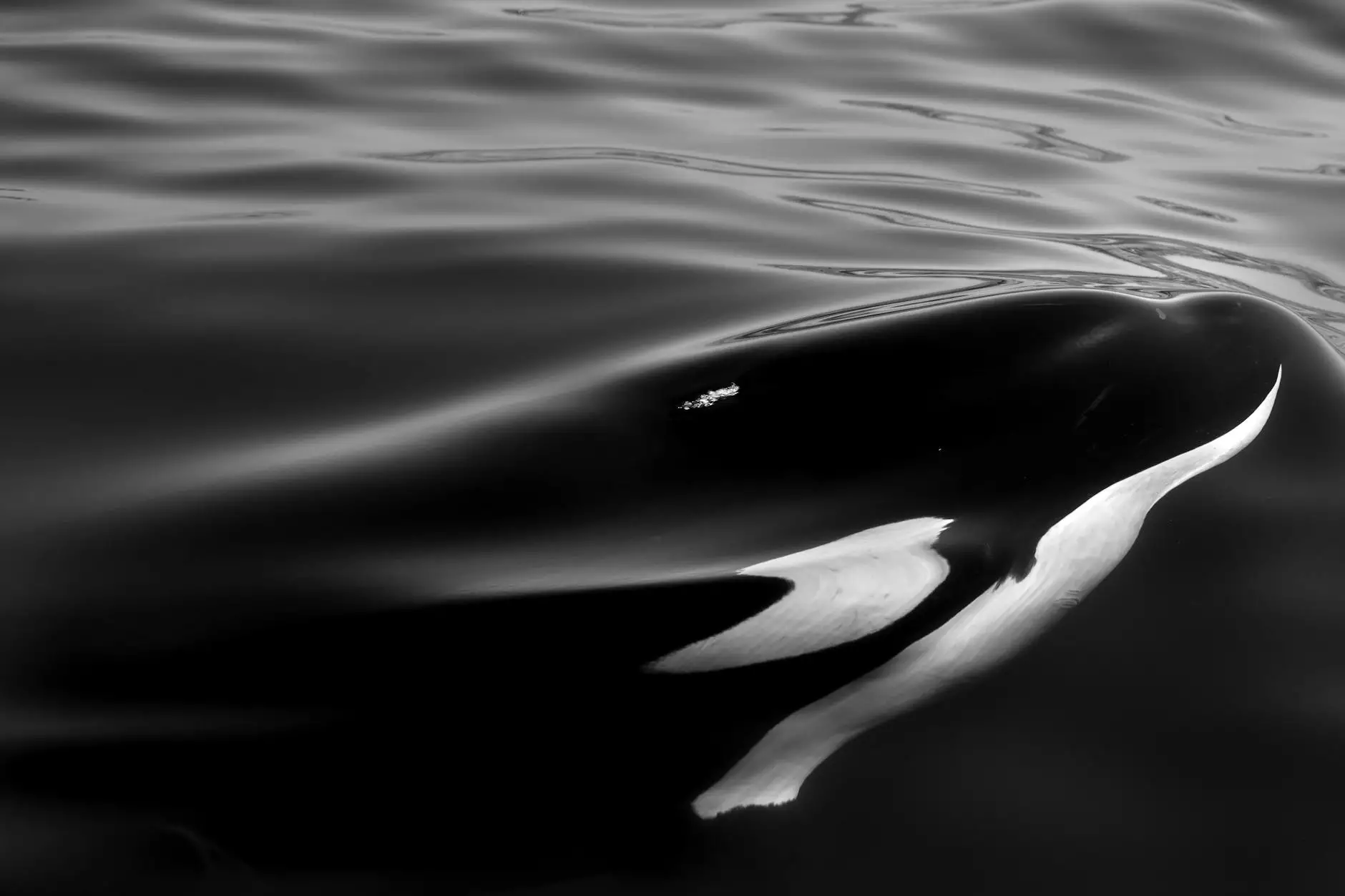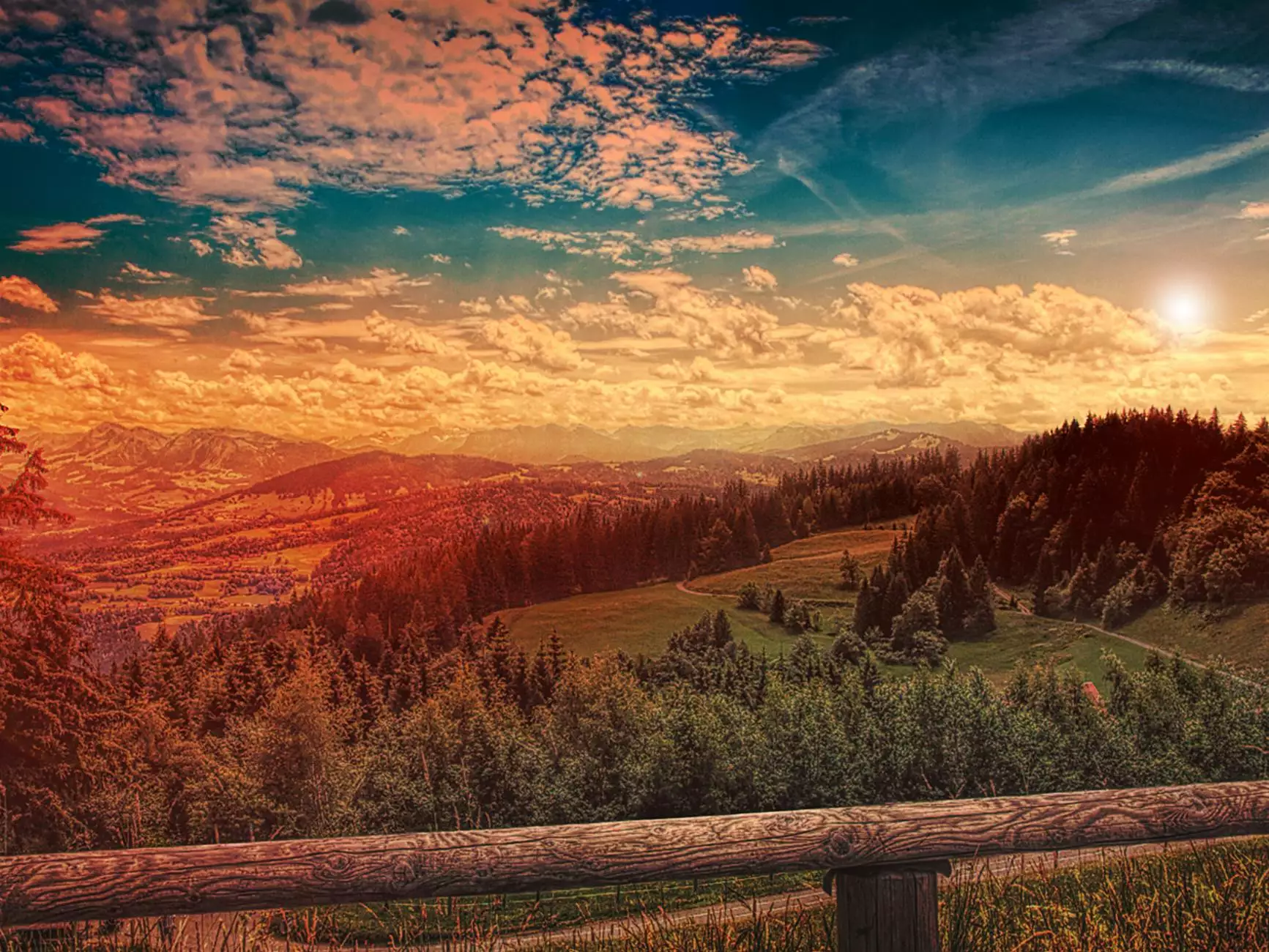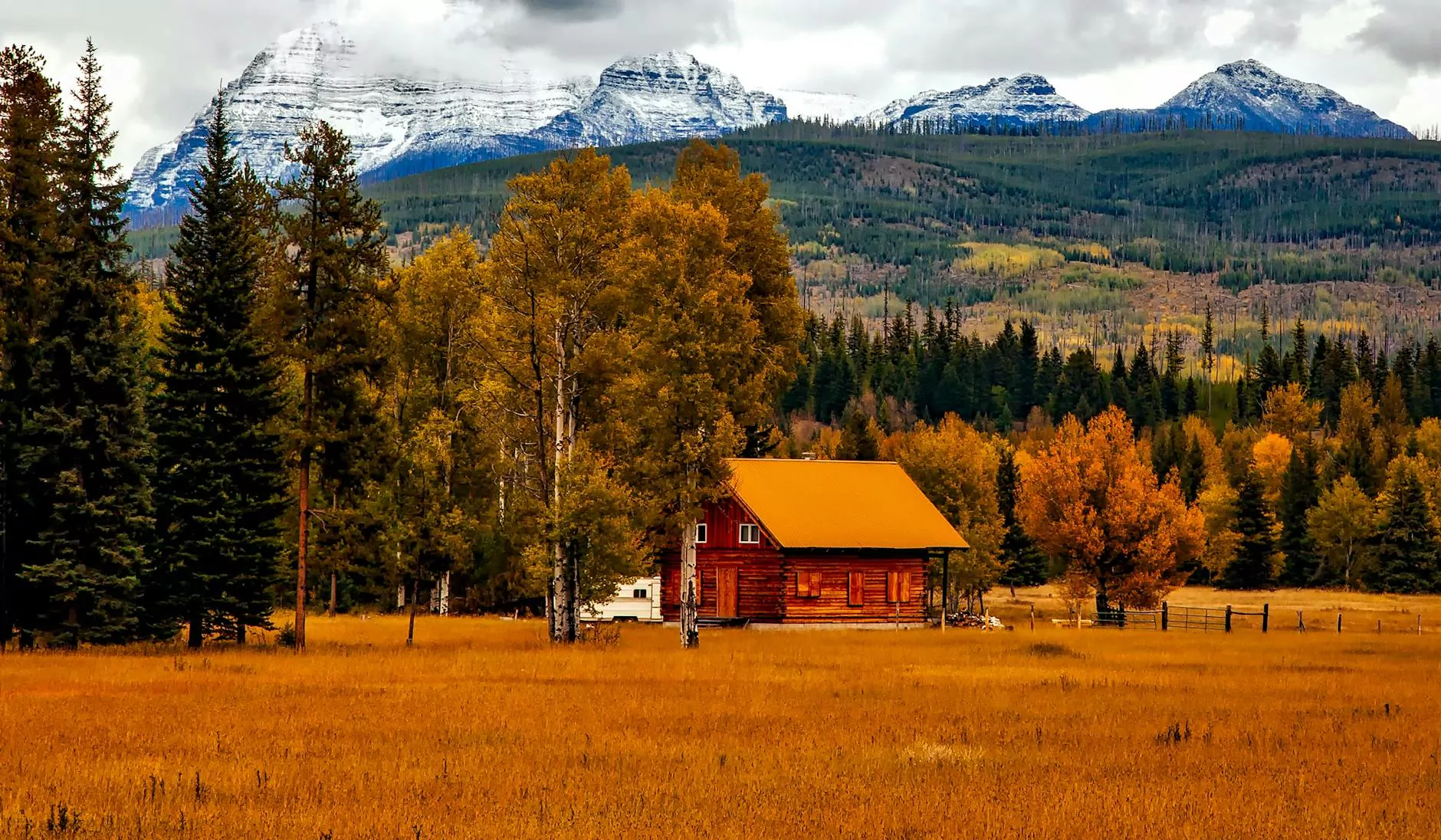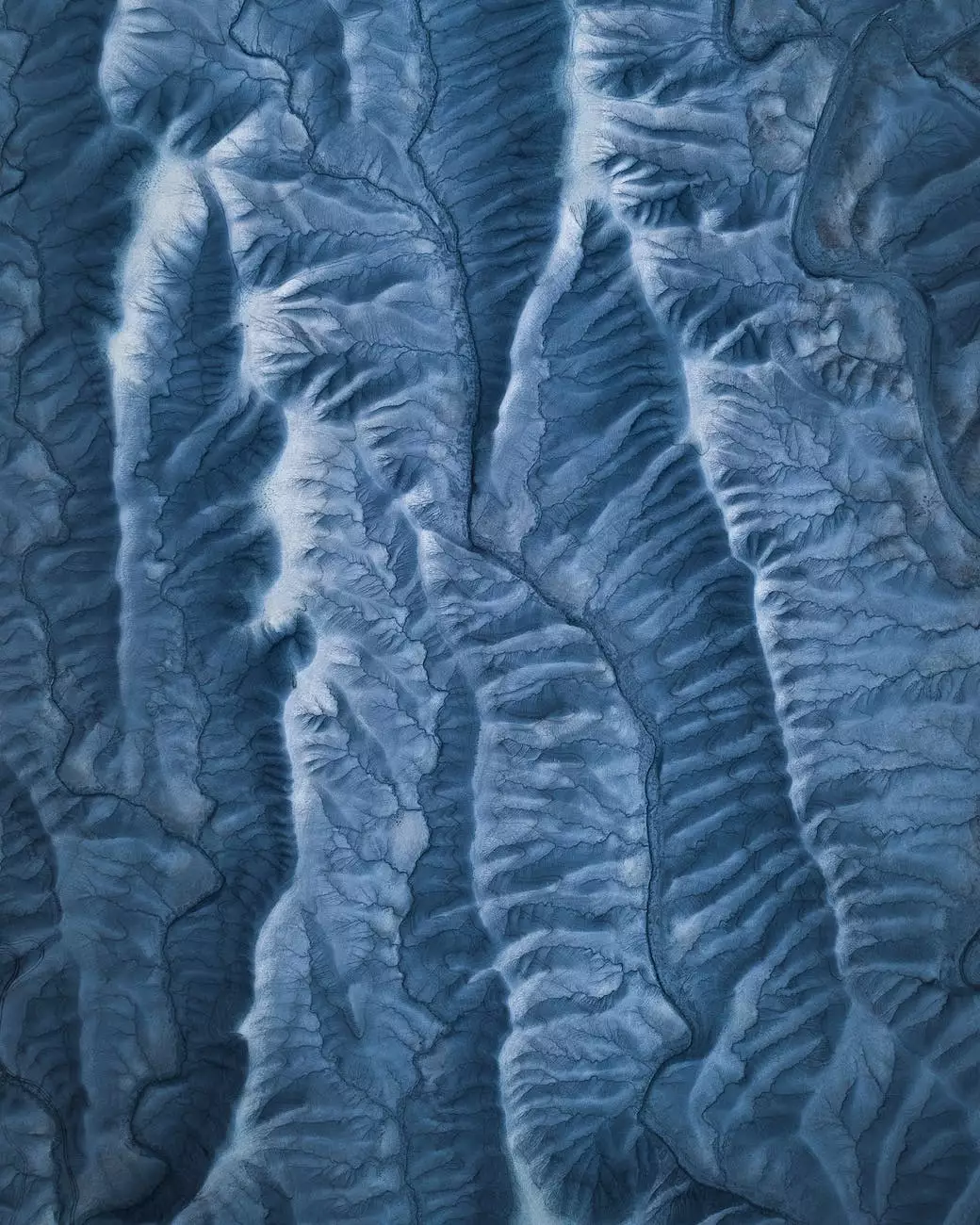Comparing and Contrasting Killer Whales in the Salish Sea
School Programs
Overview
Welcome to Butterflies R Us Mobile Training's comprehensive online program exploring the world of killer whales in the Salish Sea! In this program, we will delve into the captivating lives of these magnificent creatures, comparing and contrasting their behavior, habitat, and conservation efforts. Join us as we uncover the secrets of the Salish Sea's resident orcas.
The Salish Sea
The Salish Sea is a unique and vibrant ecosystem located in the northeastern Pacific Ocean, encompassing the coastal waters of Washington State, British Columbia, and the southern region of Vancouver Island. It is renowned for its rich biodiversity and is home to numerous species, including our beloved killer whales.
The Fascinating Behavior of Killer Whales
Killer whales, or orcas, are highly intelligent and social marine mammals. They exhibit complex social structures, with family groups known as pods. Each pod has its own distinct vocalizations and hunting techniques.
One of the key aspects we will explore in this program is the varying behavior between different pods of killer whales within the Salish Sea. Some pods are primarily fish-eating, while others specialize in hunting marine mammals such as seals and sea lions.
Vocalizations and Communication
Killer whales use a sophisticated system of vocalizations to communicate with one another. These unique calls can be used for various purposes, including hunting, navigation, and maintaining social bonds.
Through our detailed analysis of different vocalizations, you will gain insights into the intricacies of orca communication within the Salish Sea. It's truly a fascinating field of study that continues to reveal new discoveries about these incredible creatures.
Hunting Strategies
Join us as we uncover the diverse hunting strategies employed by killer whales in the Salish Sea. From coordinated group hunting to strategic beachings, these marine predators have developed remarkable techniques to secure their prey.
We will compare and contrast the hunting strategies of different pods and explore how their behaviors have shaped their respective dietary preferences. Understanding these strategies is crucial for comprehending the ecological dynamics of the Salish Sea.
Habitat and Distribution
The Salish Sea provides a diverse and rich habitat for killer whales. Its nutrient-rich waters support an abundance of prey species, creating an ideal environment for orcas to thrive.
During this program, we will take a closer look at the preferred habitats of killer whales within the Salish Sea. We will explore the factors influencing their distribution, including food availability, oceanographic conditions, and the impact of human activities.
Conservation Efforts and Challenges
Conservation plays a vital role in preserving the delicate balance of the Salish Sea ecosystem and protecting the lives of killer whales. Unfortunately, these magnificent creatures face various threats, predominantly due to human activities.
Habitat Destruction and Pollution
The industrialization of coastal areas and increased pollution have contributed to the degradation of the Salish Sea. As a result, killer whales are exposed to contaminants and face habitat loss, impacting their overall well-being and reproductive success.
Declining Prey Populations
The dwindling populations of Chinook salmon and other prey species have profound implications for the survival of killer whales. By understanding the complexities of food availability and the interdependence between orcas and their prey, we can contribute to efforts aimed at restoring the balance.
Boat Traffic and Noise Pollution
The Salish Sea is a bustling hub of marine transportation and recreational activities, which can have detrimental effects on the well-being of killer whales. The excessive noise from boats can disrupt communication and hunting behaviors, stressing the orcas and impeding their ability to thrive.
Through this program, we will delve into the ongoing conservation efforts being undertaken to protect killer whales in the Salish Sea. Promoting awareness and understanding among individuals is crucial for enacting positive change and ensuring a sustainable future for these magnificent creatures.
Conclusion
Join Butterflies R Us Mobile Training's online program to explore the awe-inspiring world of killer whales in the Salish Sea. Through our detailed analysis and comprehensive understanding, you will gain an invaluable insight into the behavior, habitat, and conservation challenges facing these magnificent marine mammals.
By fostering a deeper appreciation for killer whales, we can contribute to their protection and the conservation of the Salish Sea ecosystem as a whole. Enroll today and embark on an enlightening journey with us into the incredible lives of these graceful creatures.










